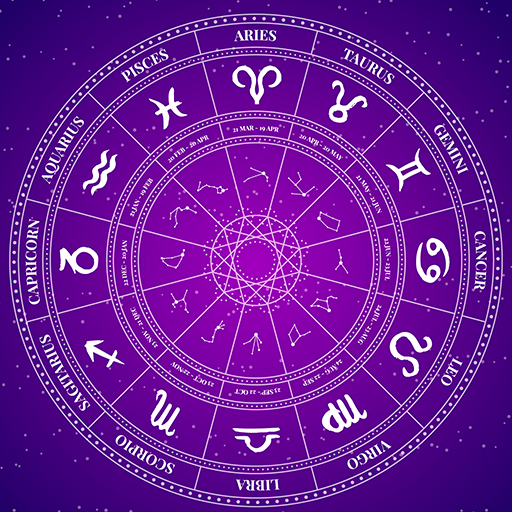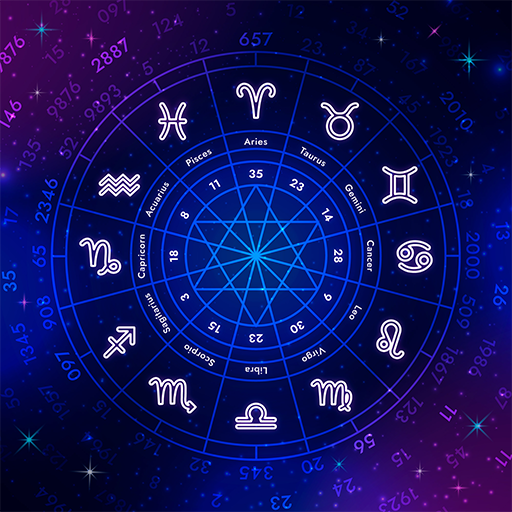Vedic astrology, also known as Jyotish Shastra, is an ancient Indian science that explores the connection between the cosmic elements and human life. Unlike Western astrology, Vedic astrology is deeply rooted in the Vedas, the oldest sacred texts of Hinduism, and offers profound insights into the past, present, and future.
The Foundations of Vedic Astrology
Origin and History:
- Vedic astrology dates back over 5,000 years and is mentioned in ancient texts such as the Rigveda.
- It was traditionally used by sages and scholars to understand celestial influences on earthly events.
Basic Concepts:
- Rashis (Zodiac Signs): There are 12 Rashis in Vedic astrology, similar to the zodiac signs in Western astrology.
- Grahas (Planets): The nine planets, including the sun and moon, are considered deities influencing human destiny.
- Houses (Bhavas): The 12 houses in a birth chart represent different aspects of life, from personality to career and relationships.
- Nakshatras (Lunar Mansions): The 27 Nakshatras are unique to Vedic astrology and are used to pinpoint the moon's position more precisely.
The Birth Chart (Kundli)
A Kundli, or birth chart, is a snapshot of the sky at the time of one's birth. It serves as a cosmic blueprint, revealing personality traits, life challenges, and potential outcomes.
Creating a Kundli:
- Requires the exact date, time, and place of birth.
- The positions of the Rashis, Grahas, and Nakshatras are plotted in a chart.
Interpreting the Kundli:
- Ascendant (Lagna): The sign rising on the eastern horizon at the time of birth. It represents the individual's core personality and approach to life.
- Planetary Positions: Each planet's position in a house and sign influences different life areas.
- Dasha System: Planetary periods that indicate specific phases in life, helping predict significant events.
The Role of Karma
Karma, the law of cause and effect, is a fundamental concept in Vedic astrology. It suggests that the positions of planets at birth are a result of past actions and that understanding one's chart can provide insights into karmic patterns.
Remedies in Vedic Astrology
Vedic astrology offers various remedies to mitigate negative planetary influences and enhance positive ones. These include:
- Mantras: Recitation of specific sounds to appease planets.
- Gemstones: Wearing gemstones associated with favorable planets.
- Pujas and Rituals: Performing religious ceremonies to invoke divine blessings.
- Yantras: Sacred geometrical designs used for meditation and protection.
Modern Relevance
Despite its ancient origins, Vedic astrology remains relevant today. It is widely practiced and respected in India and gaining popularity worldwide. People seek astrological guidance for various aspects of life, including career decisions, relationship advice, health concerns, and spiritual growth.
Conclusion
Vedic astrology is a rich, intricate system that offers profound insights into human life and destiny. By understanding and interpreting the cosmic influences through a Kundli, individuals can gain clarity, make informed decisions, and align themselves with their karmic path. Whether you are a believer or a curious seeker, exploring Vedic astrology can provide a deeper understanding of the universe and your place within it.



